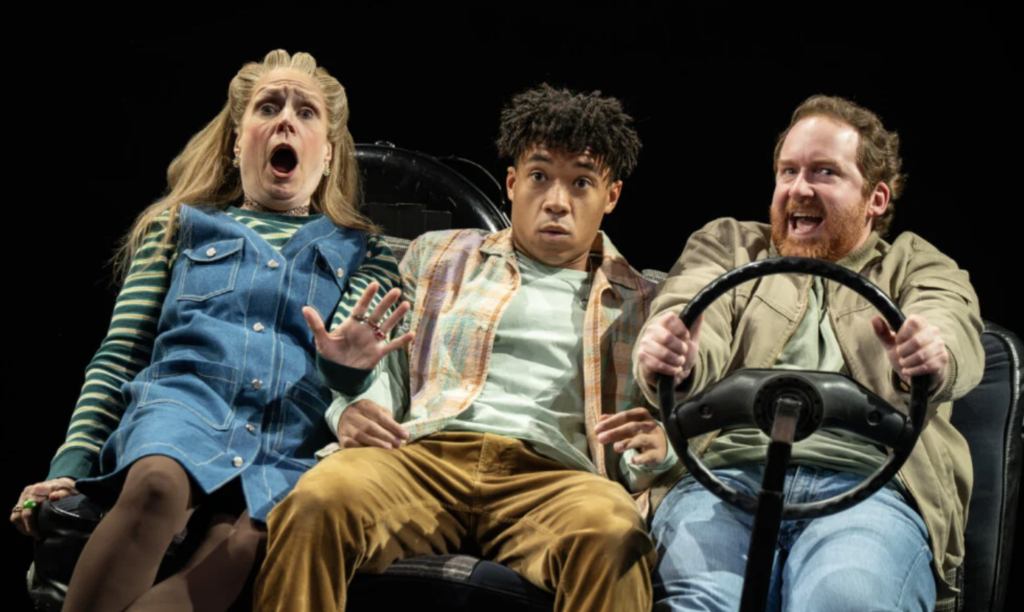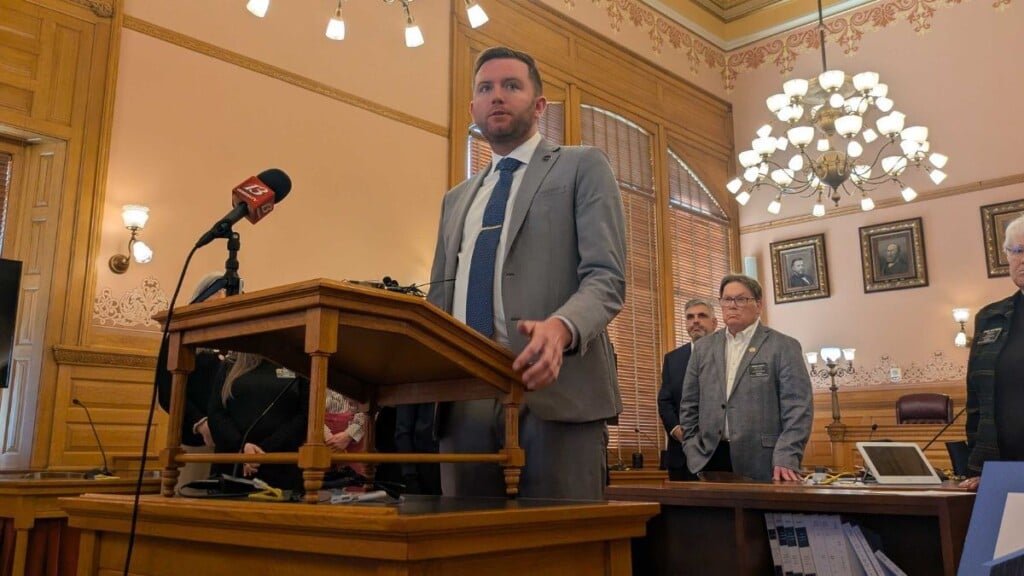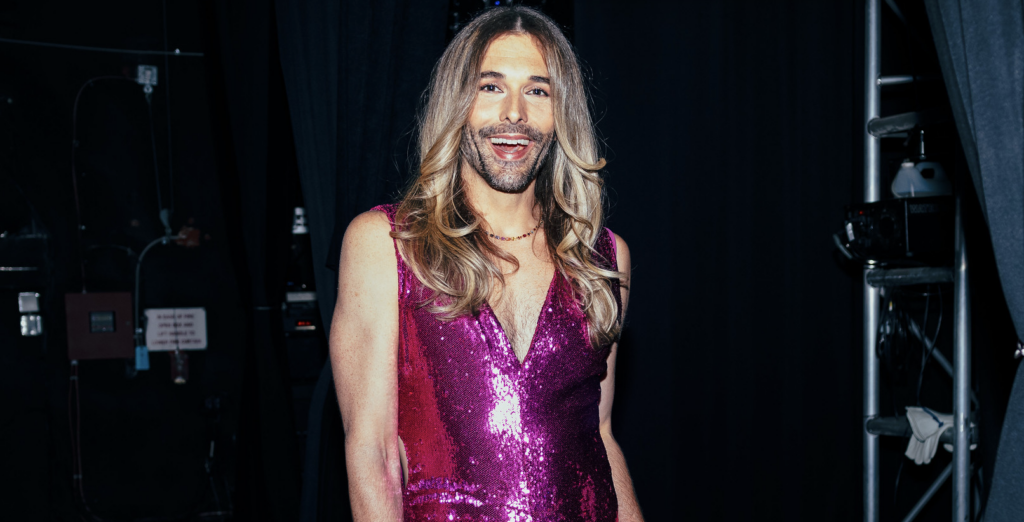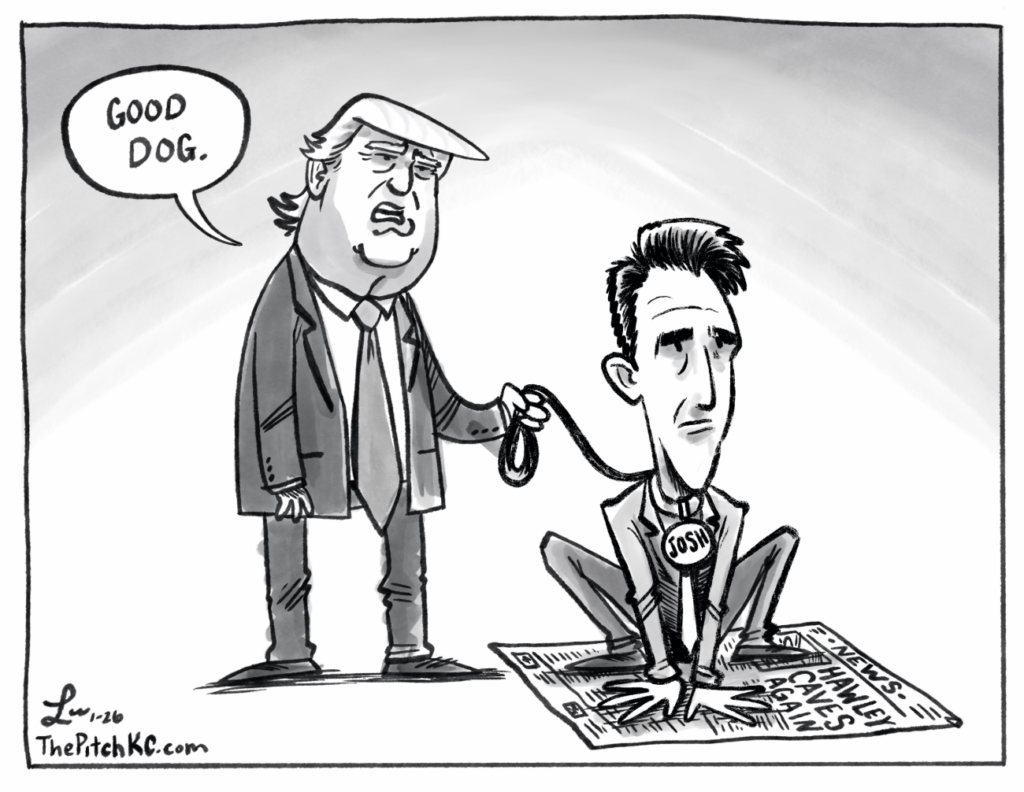Ronny Cox on the differences between playing music and making movies

As part of our International Folk Alliance Conference preview series, we’re rounding up a bunch of notable acts that are coming to town and chatting about what’s happening in their world. The International Folk Alliance Conference takes place from February 19-23. Details here.
For those with a taste for 1980s action films, Ronny Cox stands tall as a man in a suit, being a total dickbag – Dick Jones in Robocop, Total Recall‘s Cohaagen, and Lieutenant Bogomil in Beverly Hills Cop and its sequel.
Yet, when you speak with Cox, you discover that he’s a pretty laid-back guy who’d really rather make music than movies. It’s unsurprising, given that Cox has been playing in bands since he was 15. Even his first film role, in Deliverance, came about because he could play guitar – which he did to much acclaim, in the justifiably famous “Dueling Banjos” scene.
We spoke with Cox by phone from Detroit, where he and his band were taking a break from rehearsal, to talk about his musical career and life in film.
The Pitch: How did you get involved with the Folk Alliance International Conference?
Cox: Well, you know, I’ve been a musician most of my life. I actually got my first film, Deliverance, because I could play. I was a kid cutting records when I was in high school. I grew up in Portales, New Mexico, but Clovis, New Mexico, in the late ’50s, early ’60s was a hotbed of recording. I don’t know if you know it, but Norman Petty Studios was there, and Buddy Holly cut “Peggy Sue” there, and the Fireballs “Sugar Shack” – all of those songs were cut there. So I was actually making records when I was in high school. Had a rock-and-roll band in those days: Ron’s Rockouts.
In college, I majored in theater, but I was always playing music, and when I was struggling as an actor, I was also struggling as a folk musician. When I was in Washington, D.C., starting out my acting career, I was also playing at Cellar Door there, and Mr. Henry’s there. So when they came from New York, looking for good actors, the fact that I could play helped me get my first role, in Deliverance, which was, of course, my first film.
My second film was called Bound for Glory – the Woodie Guthrie film. My first television show was called Apple’s Way, and I used to pick and sing a song on that every week, so in my career, everyone knew that I was this actor from New Mexico who also played music. But you know how movies are. In my career, I’ve had a fair amount of success playing men of authority – guys in suits and ties – and somehow, when people see me with a guitar, it kind of messes with their mind.
 I noticed that, toward the end of the ’80s, beginning of the ’90s, your acting seems to decrease, but that’s when your music kind of increased.
I noticed that, toward the end of the ’80s, beginning of the ’90s, your acting seems to decrease, but that’s when your music kind of increased.
Exactly. I made a decision. What got me back into being a musician: I did a failed television series called Cop Rock. I enjoyed making that show. It was a miserable failure, don’t get me wrong. But I never had so much fun on a show in my life. It was one of those shows where I went to work every day, whether I was called or not. It was like watching a train wreck some days, but I realized how much I missed the music.
So I went to Nashville and managed to get a country deal, in something like ’92. Now, I’m not really a country artist, so that didn’t work out. So it took me another … oh, four or five years until the mid ’90s, when I found the folk-music community. I’ve been involved in that ever since.
I mean, I still act – I did a movie with Michael Douglas this last year – but these days … you know, I’ve been lucky. I’ve had a great career. I’m not rich, but I’ve got money, and I can sort of pick and choose what I want to do, and the thing that gives me the most pleasure is playing music, and so that’s what I do. I won’t let any movie or television show interfere with any music gig I already have booked. If I have a gig booked, I don’t care if it’s the biggest movie in the world – I won’t do it.
Don’t get me wrong, I love acting, but I don’t love it as much as the music and I kept trying to figure out why, and I now know. With acting, no matter whether it’s movies, TV, plays, whatever, there is, and must always be, that imaginary fourth wall between you and the audience. With music – and especially the kind of music I do, where I tell stories and interact as much as possible with the audience – there is the possibility of a profound one-on-one sharing that takes place, and that is an opiate that I find absolutely compelling.
That’s one of the reasons I like to leave the houselights on during my shows, and I like the audience to be as close to me as possible. I like my show to feel like a shared evening, like when we used to sit around our living room or in the kitchen or on the front porch – when we sat around and shared music with our family and our friends.
[page]Is that why you play so many dates?
Yeah. You’ve seen – I do a lot of dates.
Yes, I’ve looked at your website and that’s a lot of dates for –
For an old guy? [Laughs.] I’ll tell you the truth: I love the shows. Traveling is sometimes a pain in the ass, let’s face it, but doing the shows are fun, and – I’m going to trust you not to make me sound too egotistical here, but I’m good at this and I like doing this, and I think it shows. My show is different from everyone else’s because it does involve a certain amount of storytelling.
There’s two schools of thought about folk music. There’s one school of thought that’s just, “Sing the song and shut up. Let the song speak for itself.” It’s perfectly valid. It just doesn’t work for me. I’ve found over the years that people love to know that this little disembodied idea over here on the left miraculously led to this song on the right. So I try to set up the song with the story, and then you get the payoff in the song.
Another thing I’ve learned is that, if I don’t have a story for a song … I’ll just make one up.
Do you just make them up on the spot?
Sometimes. Sometimes not. Here’s the thing about really true, honest stories: Sometimes the punchline doesn’t come in the right place! Or they don’t end satisfactorily. And besides, if you can’t improve on the damn thing, why tell it anyway?
In terms of stories, I find it fascinating that your first film brought bluegrass to mass audiences in a big way. “Dueling Banjos” was a huge record.
It was. There were three films that were sort of credited with the resurgence of bluegrass music in America. [Those] are Bonnie and Clyde, of course, and O Brother Where Art Thou? and Deliverance. So there you have it.
I have to ask, given that one of your most famous roles for people of my generation was Dick Jones in Robocop: Have you seen the remake yet?
I hate it. I hate the remake of it, and the remake of Total Recall is even worse. They’re trying to talk about Beverly Hills Cop 4, and I did Cop 1 and 2, and I didn’t do 3 because I read the script. I’m not interested in doing 4. I hate remakes. I tell you, Robocop and Total Recall were both pretty damn good films, so no. I say this as a joke, but I mean it: Those remakes, to me – it’s like putting on a wet bathing suit.
Ronny Cox plays the Folk Alliance International Conference on Saturday, February 22. More info here.




